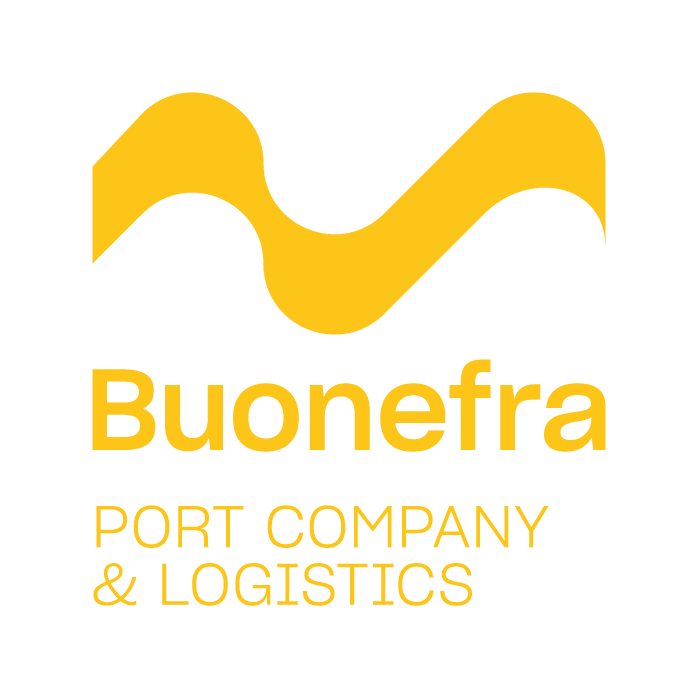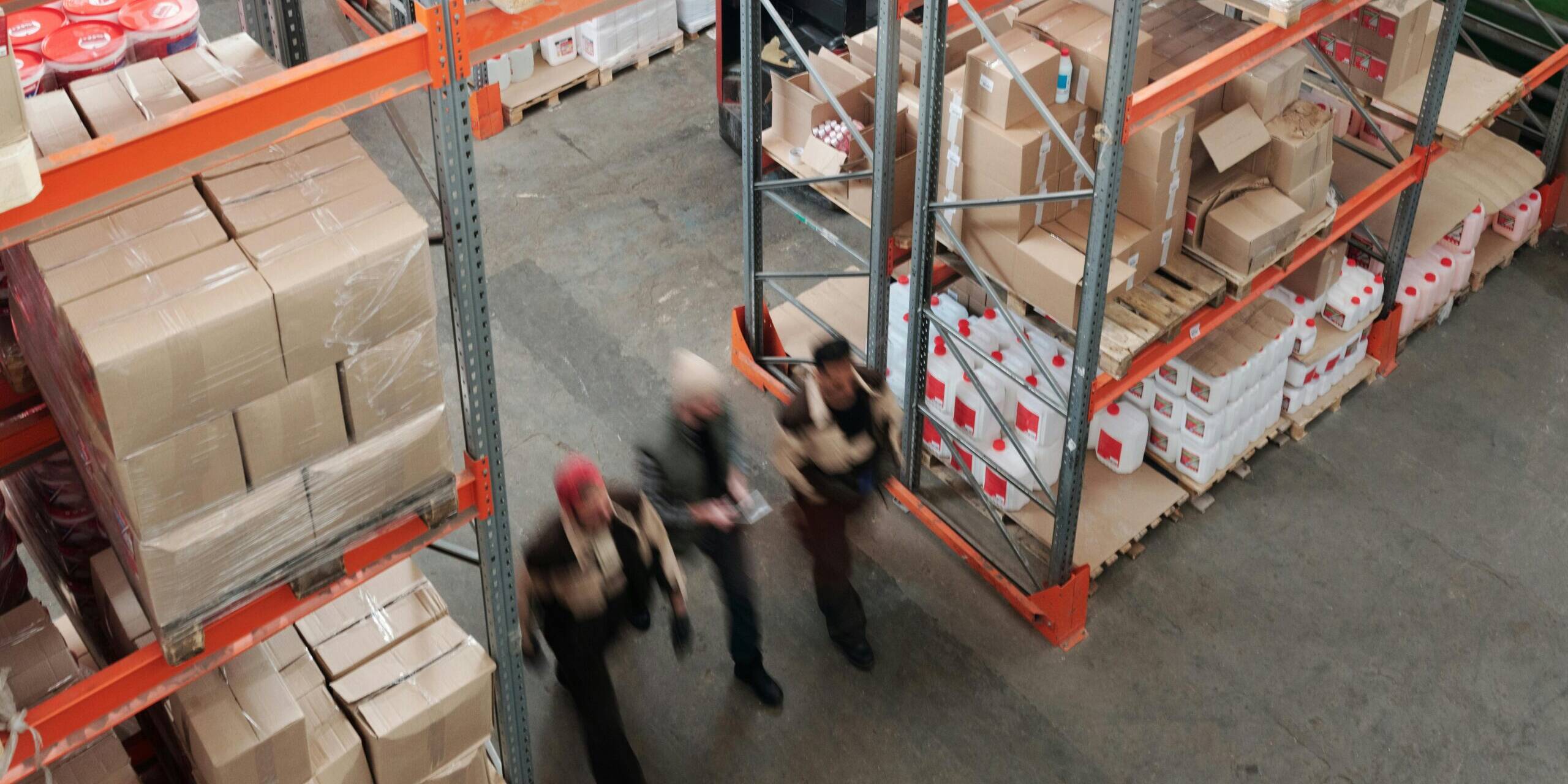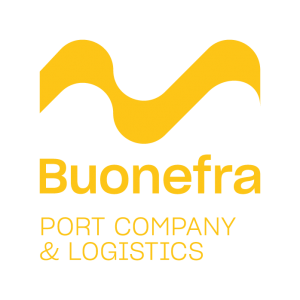Direct and indirect effects of the war on naval transport
The world of shipping worldwide is shaken by the Ukraine-Russia conflict: the Black Sea area, which has long been strategic in commercial terms for the transport of goods of all kinds from east to west and vice versa, has to deal with closed ports, raw materials and blocked foods, and a situation of very high danger that does not seem to have an end, or at least not immediately.
However, a factor of discussion is now given by the Community response of the European Union to this serious emergency for ships en route in the Black Sea area. A response which, at present, has created even more confusion and has seriously jeopardized the competition policy, in terms of import-export, between the states of the Union. Let's see together why ...
What degree of security must be adopted?
As also reported by Ansa, the alarm linked to the lack of balance and lack of uniformity is Confitarma, the Italian Confederation of Shipowners. In essence, what emerges is a misalignment between the fleets of the various European countries for the level of safety and between these fleets and the Russian ports that are still operational, such as Tuapse and Novorossisk.
In essence, some EU fleets maintain alert level 2, while others are already at 3, the maximum safety level which obviously implies a freeze of initiatives in that specific strategic area.
This confusing modus operandi undoubtedly has repercussions on competition policy within the Union itself, to the detriment of those who, like Italy, have put security one step ahead of economic and commercial interests.
Therefore, Confitarma's request is precisely to adopt a shared and equal way for all.
Confitarma's requests
What Luca Sisto, director of Confitarma, explicitly requests on behalf of shipowners from the EU and the Ministries of Foreign Affairs and Transport, is a significant European alignment:
“Our administration, with an act of responsibility, has passed to level 3 favoring the safety aspect - explains - however, I understand that to date other important Community flags, including Malta and Portugal, have remained at intermediate level 2. And this poses problems on the competitiveness front. We need clear rules that are the same for all fleets that say whether it is possible to operate or not ". The crux - as explained by ANSA - is that the few Italian ships left in the Black Sea, used for energy transport, have various problems in understanding how to move, given that they also have to deal with compliance with contracts.
And if the ports are operational and ships of other flags load and unload, if the Italian units decide to close the contract for safety reasons, disputes could arise with the charterers.
Clarity and speed, therefore, because the aftermath of the conflict at the gates of Europe on the naval universe are very heavy, and fueling trade conflicts within the EU would also create further damage that is absolutely not needed at the moment.




